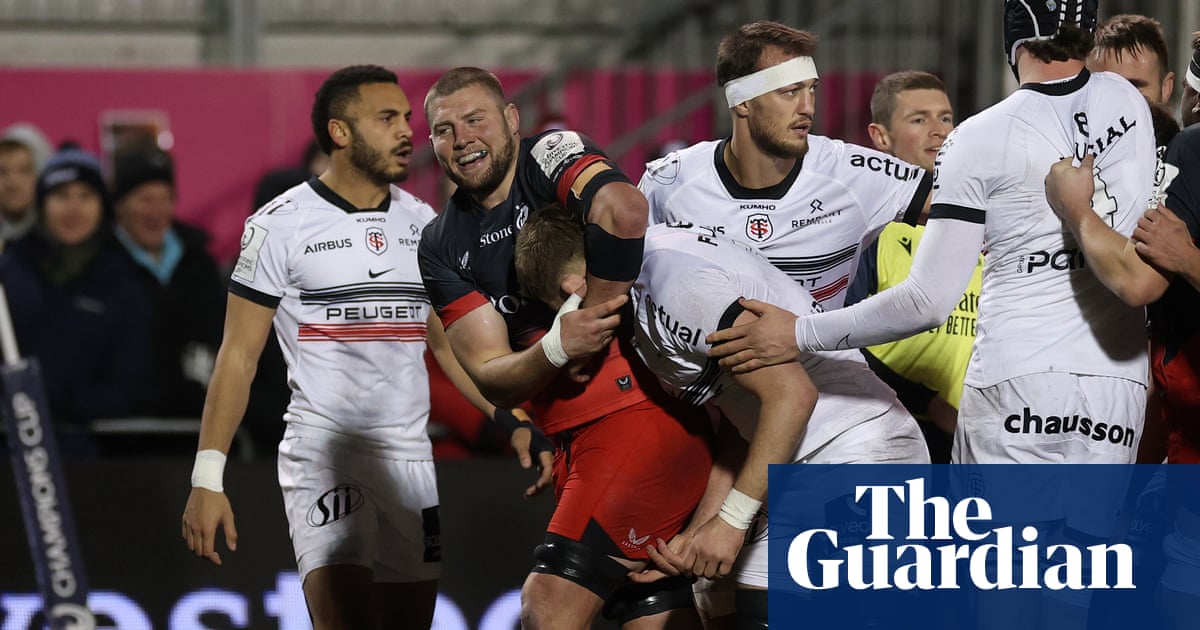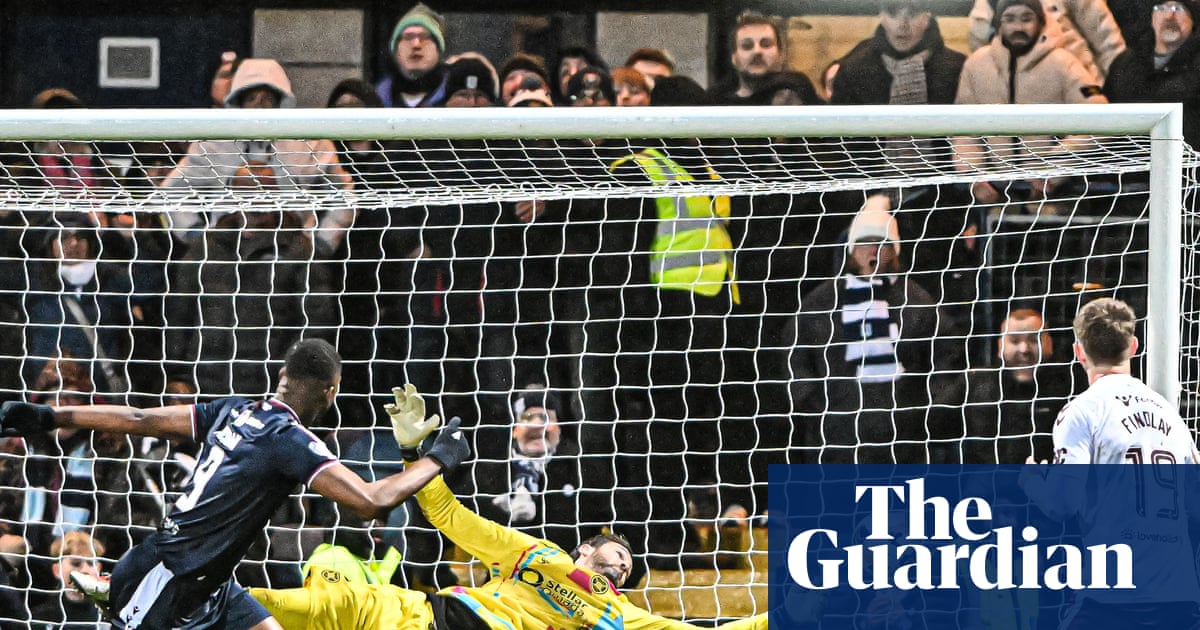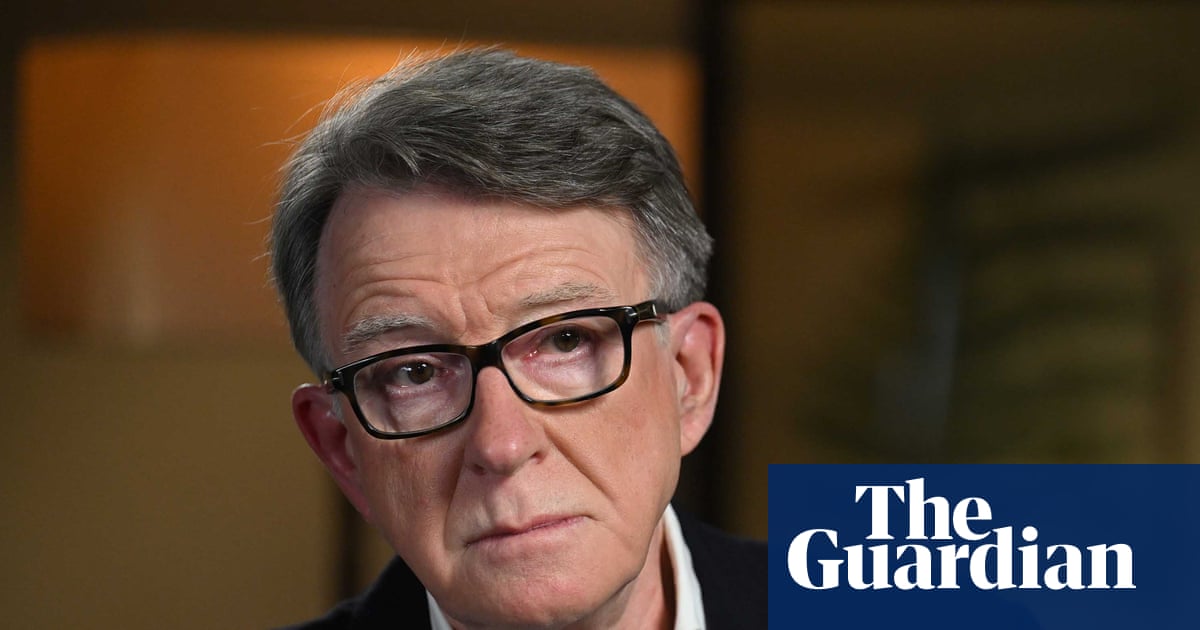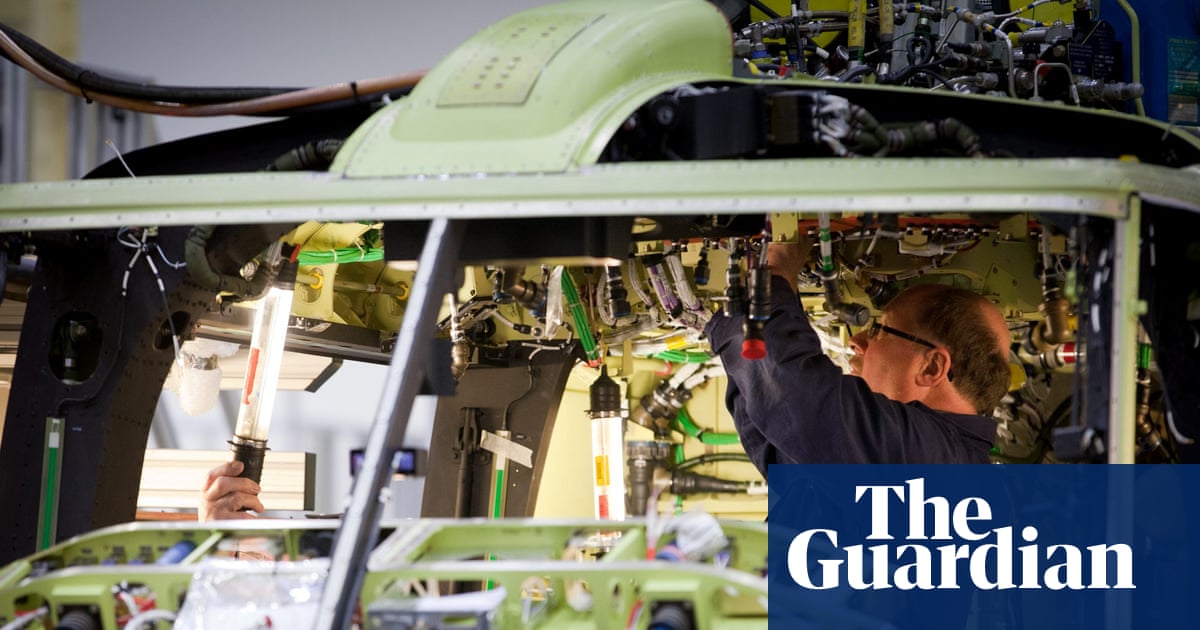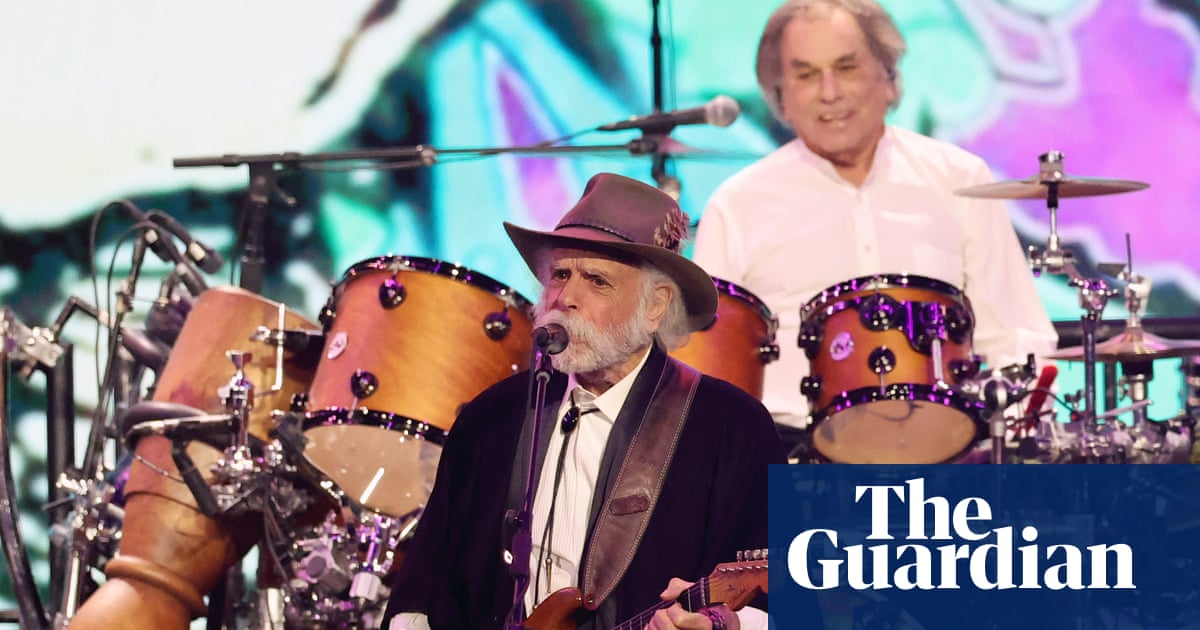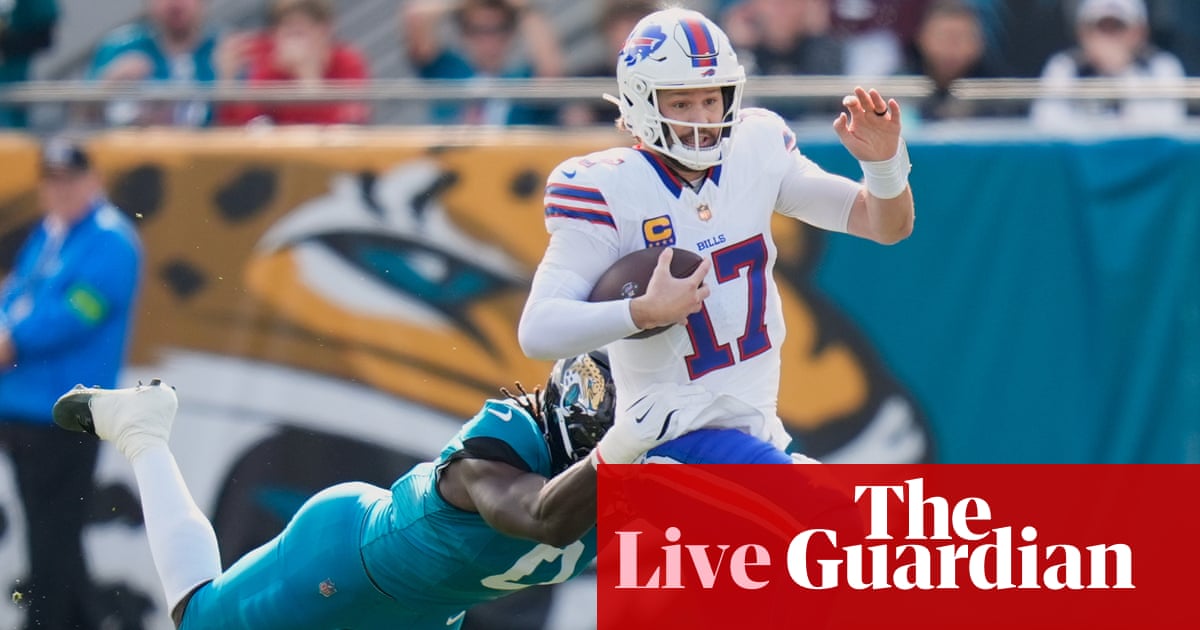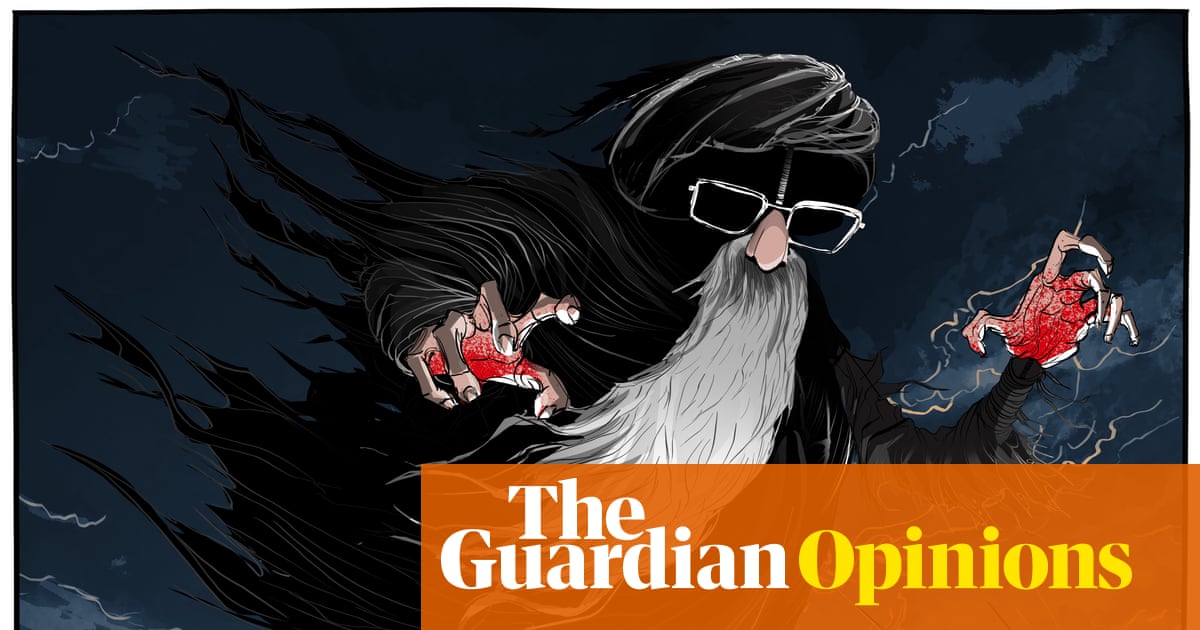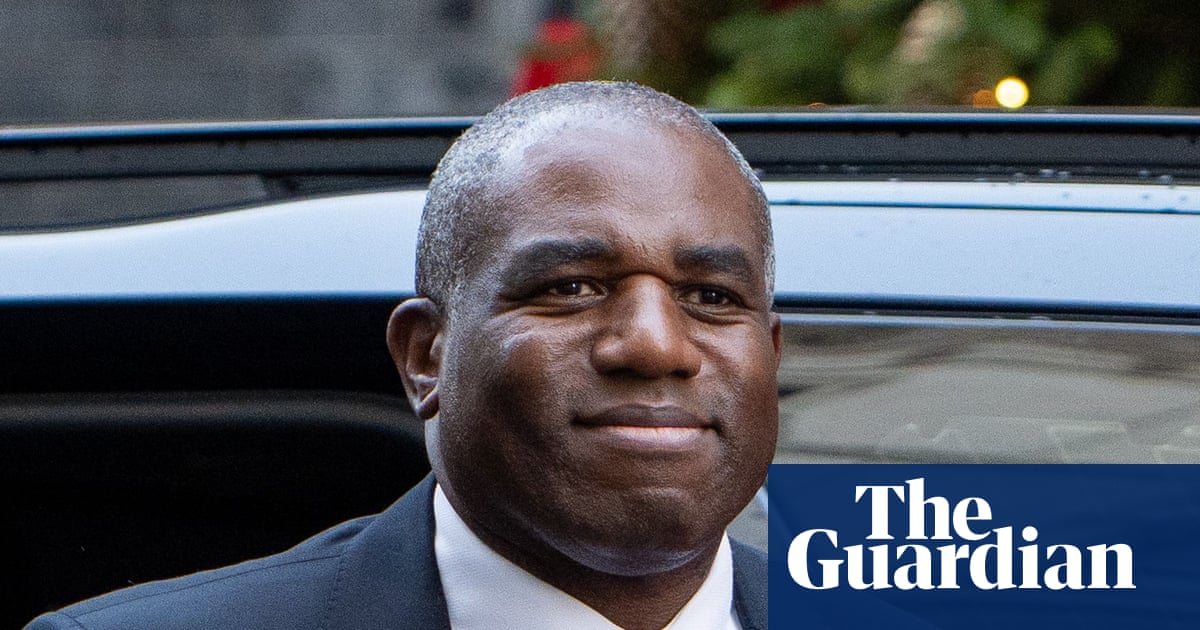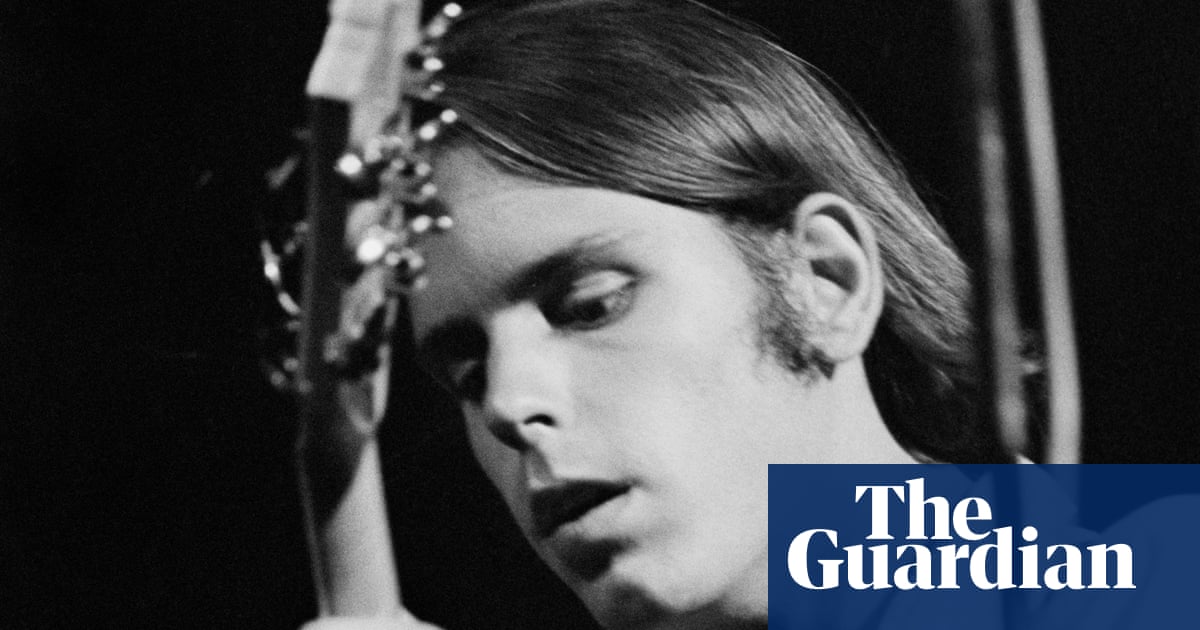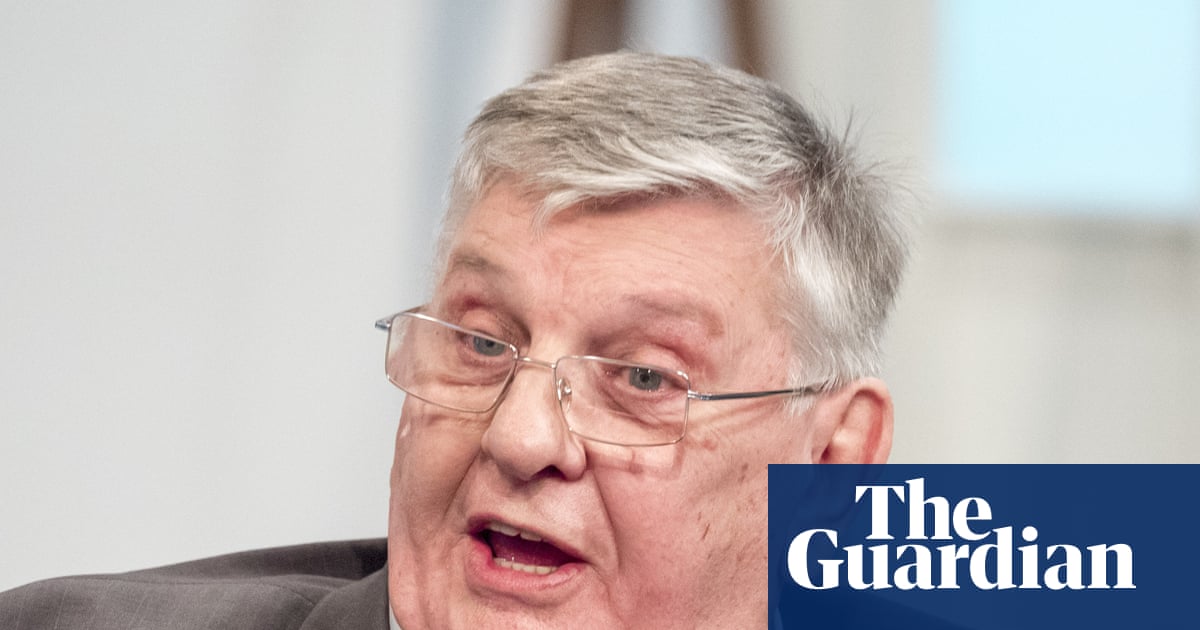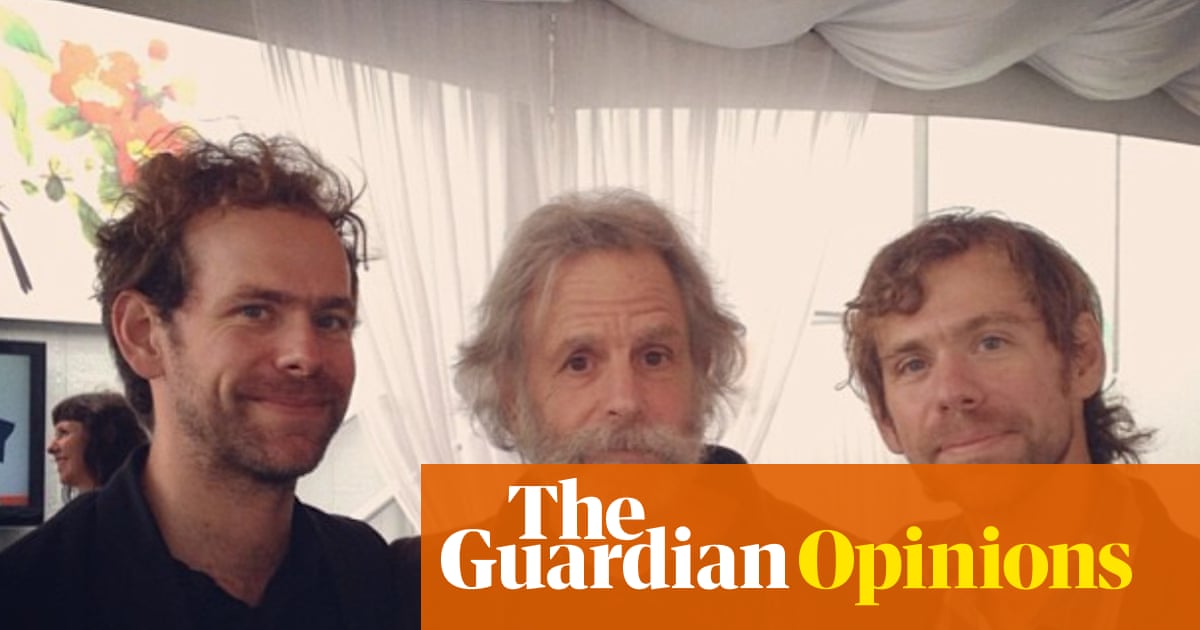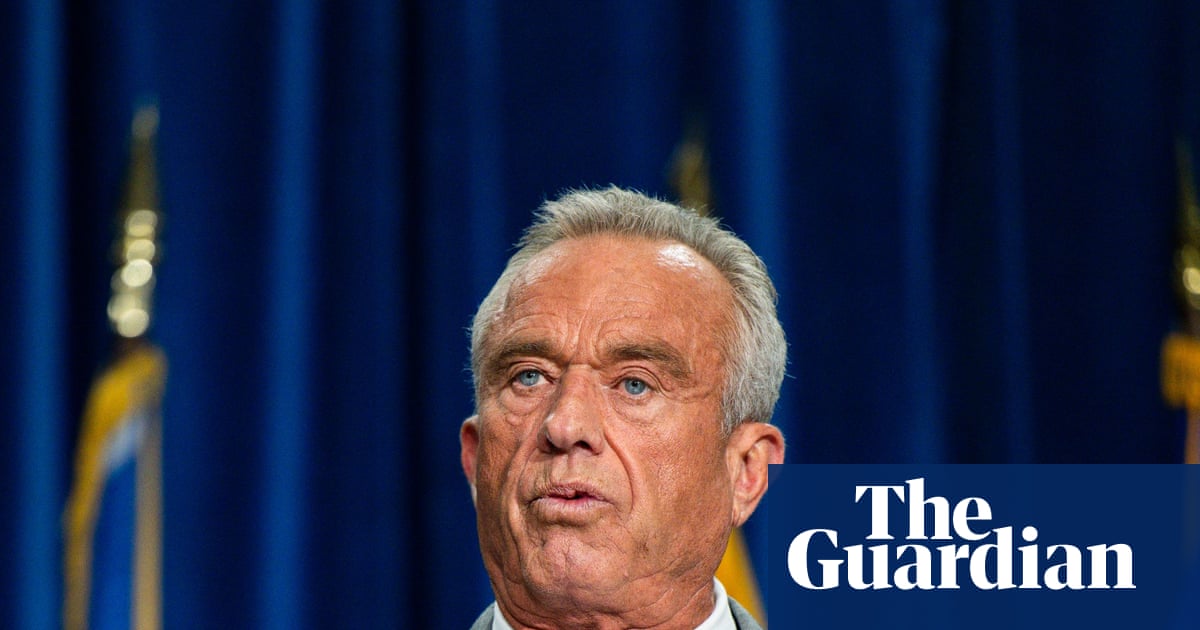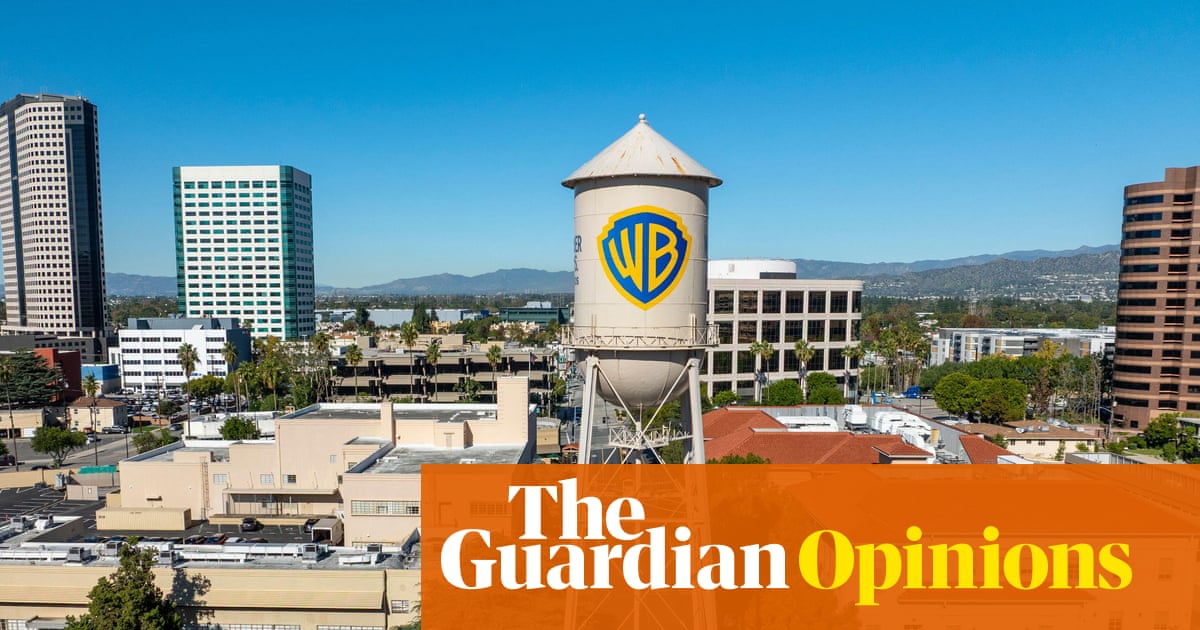1992: Alan Shearer
Southampton to Blackburn, £3.6m
Shearer’s move to Blackburn was a pivotal moment in the Premier League’s inaugural season, backed by the ambition of their new owner Jack Walker. After an injury-hit first campaign where he scored 16 goals, Shearer exploded in the 1993-94 season with 31 goals from 40 games. The following season, he formed a formidable strike partnership with Chris Sutton and his 34 goals were crucial to Blackburn’s title win, the only major honour of his career. He broke the British and world-record fee again in 1996 after his £15m move to Newcastle.
1993: Roy Keane
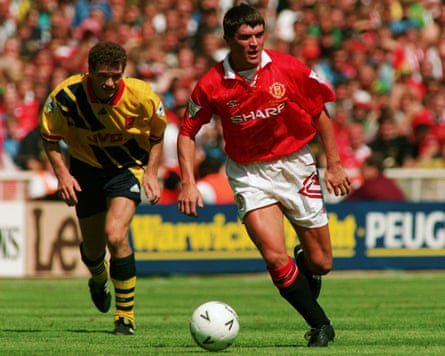
Nottingham Forest to Manchester United, £3.75m
Keane was not merely a talented midfielder; he was the midfield general who embodied his manager Alex Ferguson’s aggression and desire to win. Over 12 years at the club, Keane amassed an immense haul of silverware, including seven Premier League titles, four FA Cups and a Champions League trophy. His leadership and mentality were the very fabric of United’s success during their period of dominance; Keane provided the psychological and emotional engine that drove a dynasty.
1995: Andy Cole
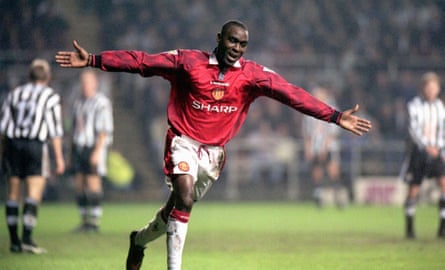
Newcastle to Manchester United, £7m
Cole’s transfer was met with immediate public scepticism owing to the nature of the move from Newcastle, the striker having had no idea he was for sale. However, his sustained success and prolific goal-scoring quickly silenced his critics. Cole spent six years at Old Trafford, winning five Premier League titles and the treble in 1999. He scored 121 goals for the club, cementing his status as the joint fourth-highest goalscorer in Premier League history.
1995: Dennis Bergkamp
Inter to Arsenal, £7.5m
Under Arsène Wenger, Bergkamp is credited with redefining Premier League forwards. His unique style was rooted in the Dutch Total Football philosophy which gave him an understanding of positioning and movement. Bergkamp was not a traditional striker; he was a deep-lying forward who derived more pleasure from assisting goals than scoring them. This role, combined with his textbook technique, made him the hub of Arsenal creativity for a decade alongside Thierry Henry and he was instrumental in two Doubles and the Invincibles season.
2002: Rio Ferdinand
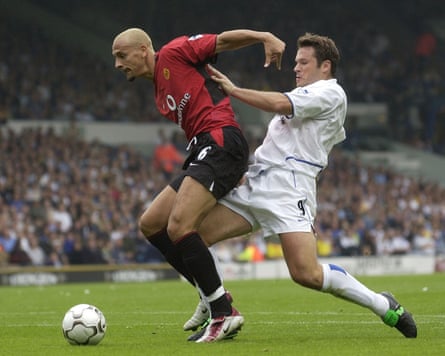
Leeds to Manchester United, £29.1m
In 2002, Ferdinand broke the British transfer record for the second time after Leeds reluctantly sold the defender to their Manchester rivals. At a time when defenders were valued for their ruggedness, Ferdinand’s transfer redefined the position. He was a modern, ball-playing centre-back who provided stability. During his 12 years at Old Trafford, Ferdinand won six Premier League titles and the Champions League across 455 appearances. His partnership with Nemanja Vidic became the bedrock of the club’s dominance in the 2000s.
2001: Juan Sebastián Verón
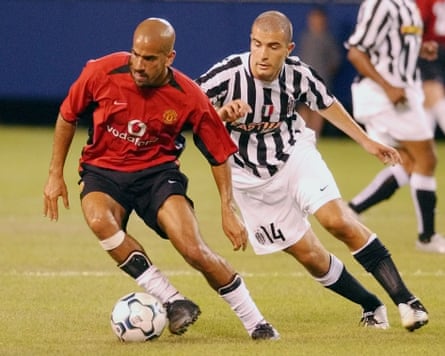
Lazio to Manchester United, £28.1m
And so to those who just could not live up to the money. Verón’s arrival at United was a blockbuster transfer, but the Argentinian lasted only two seasons before being sold for about half his record-breaking fee. His talent was staunchly defended by Ferguson, who called the press “fucking idiots” for doubting him. The issue was a fundamental clash of styles. Verón’s free-roaming approach, honed in Italy, simply did not fit with United’s established 4-4-2 formation. Despite Ferguson’s efforts to adapt the team to him, Verón struggled to cope with the Premier League, later admitting to labouring with “consistency and durability”.
2008: Robinho
Real Madrid to Manchester City, £32.5m
Chelsea became victims of the transfer hijack after Robinho’s move to Manchester City. The deal was so last-minute that at his introductory press conference, he mistakenly announced: “On the last day, Chelsea made a great proposal and I accepted” before a reporter’s correction. While Robinho was meant to be a status symbol for City’s new owners – a sign they could now compete with the biggest clubs – his on-field performances never lived up to the billing. He was inconsistent in his first season and his tenure effectively ended in his second, after he left a training camp without informing the manager, Mark Hughes.
2011: Fernando Torres
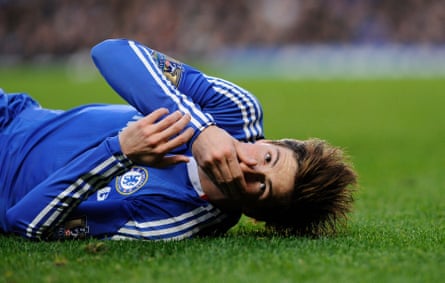
Liverpool to Chelsea, £50m
Torres’s transfer to Chelsea marked the beginning of a dramatic decline for a goal-scoring juggernaut at Anfield. A persistent knee injury from which he rushed back to be fit for the 2010 World Cup resulted in a significant loss of pace that Torres never recovered. Despite his overall struggles, he did provide one moment of crucial brilliance – the vintage goal at the Camp Nou that cemented Chelsea’s spot in the 2012 Champions League final, which they went on to win.
2014: Ángel Di María
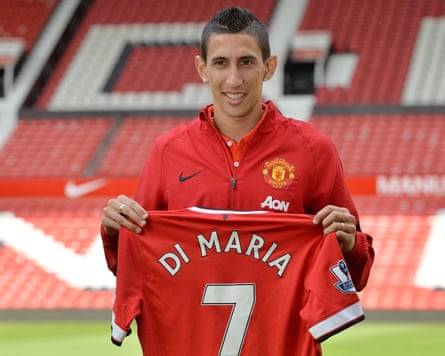
Real Madrid to Manchester United, £59.7m
Di María’s transfer to United was hailed as a coup, yet the Argentinian lasted just one season, scoring only four goals in 32 games, before being sold to Paris Saint-Germain. This failure was not down to a lack of talent, as his immediate success in France later proved. Di María arrived in Manchester already unsettled, having been pushed out of Real Madrid despite his desire to stay. Crucially, he never suited Louis van Gaal’s tactical system and the manager’s constant tinkering meant Di María failed to find a consistent role or rhythm, ultimately sealing his unhappy exit.
2016: Paul Pogba
Juventus to Manchester United, £89m
Pogba’s return to Manchester United for a then-world-record fee was the ultimate homecoming narrative, the “Pogback” that garnered immense buzz. But his second spell at the club was a disappointment. While he provided spectacular runs of form, he failed to function as the galvanising force the club needed. His time at United was characterised by inconsistency and a perceived lack of leadership, resembling United itself since the departure of Ferguson. The Frenchman ultimately left for free when his contract ran down in 2022.

 3 months ago
70
3 months ago
70
